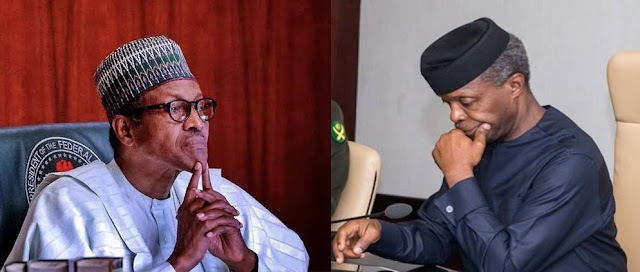Cameroon is heading to the polls on Sunday, October 12, in a closely watched presidential election that could extend President Paul Biya’s more than four-decade rule.
Biya, 92, has been in power since 1982 and is seeking an eighth term in office — a victory that would keep him at the helm until 2032, when he will be nearly 100 years old.
In 2008, Biya abolished presidential term limits, paving the way for his continued rule. His government has repeatedly denied allegations of ballot stuffing, judicial manipulation, and suppression of opposition voices — accusations that have long shadowed Cameroon’s political process.
Despite the concerns, twelve candidates are on the ballot. However, Cameroon does not hold run-off elections, meaning whoever wins the most votes on Sunday will secure the presidency outright.
Opposition figures have voiced frustration over what they describe as an uneven playing field, with limited media access and intimidation of supporters. “This election is more about survival than choice,” one opposition leader told local media, accusing the ruling party of using state institutions to maintain power.
International observers, meanwhile, have called for peaceful participation and transparency, warning against violence or post-election unrest. The African Union and several civil society groups have deployed monitoring teams across key regions.
As Cameroonians prepare to cast their votes, the world watches to see whether the election will mark continuity or change in one of Africa’s longest-serving governments.





















Comments
Post a Comment